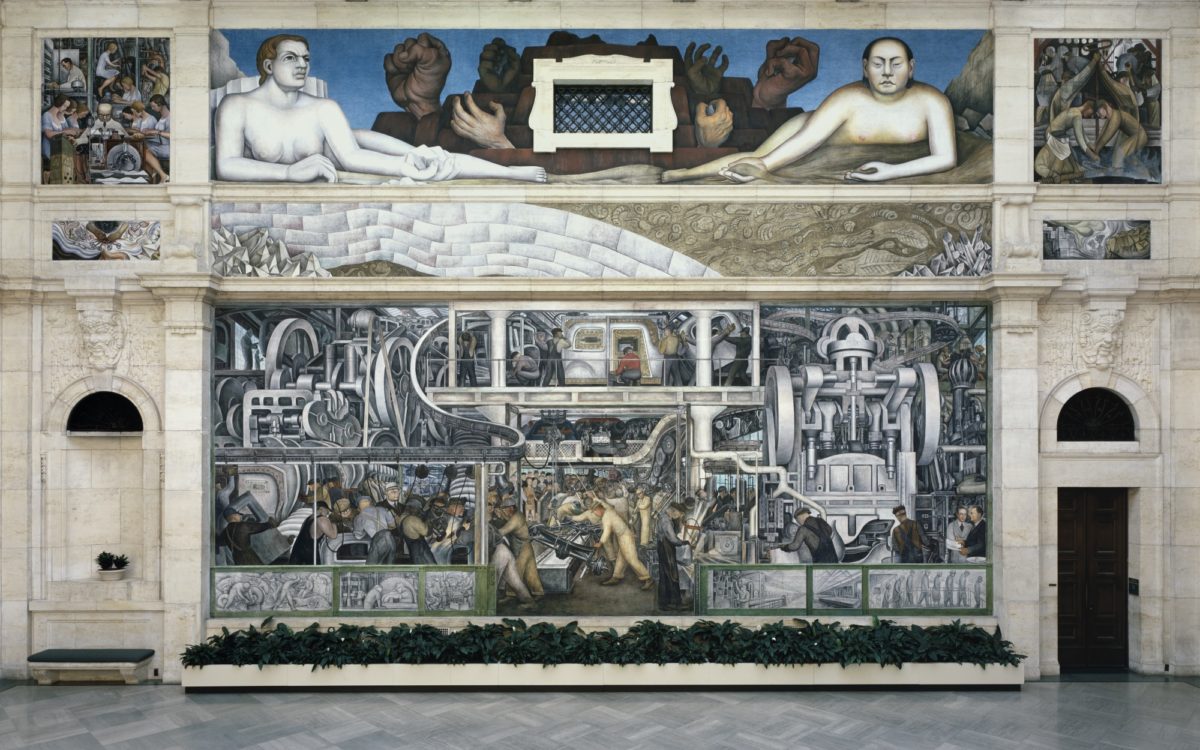Last week during our CMRC seminar we discussed Crisis, Capitalism, and the Body. We put Federici’s Caliban and the Witch in conversation with McRuer’s “Disability Nationalism in Crip Times.” The general theme of the conversation focused on the tension between individuals & community in terms of class, care, and political theater. Below are some reflections on the conversation and texts.
Rereading Sylvia Federici this week reminded me of her involvement in the collective that produced Midnight Notes, an extraordinary journal that ran between 1979 and 1992. It put into conversation the historical analysis of the medieval commons with the political struggles of the time. Perhaps timely is the collective’s analysis of the Trumpian “Law of Deals” from 1985.
–– Nathan Schneider
Sylvia Federici’s Caliban and the Witch has been a reoccurring text in my education since undergrad. I was always fascinated by her findings about gendered labor and the witch trials. Her argument in conversation with McRuer’s “Disability Nationalism in Crip Times” has me thinking about the language and approach to COVID and labor. On the one hand, some are rhetorically positioning the COVID pandemic as a weakness to be fought in a battle of mind over body. On the other hand, COVID has led women to acutely feel the demands of gendered (and often invisible) labor, causing harm to decades of progress in workplaces across industry and higher education.
–– D. Ashley Campbell
Brad Gellman’s “The Election That Could Break America” is the Atlantic article I referenced in our meeting 2 weeks ago. In the article Gellman addresses concerns over whether the mechanisms of U.S. democracy are robust enough to protect the integrity of the electoral process and preserve a peaceful transition of power, particularly in the event that the election results are close and/or contested. Gellman was also interviewed about his article by NPR and Democracy Now.
–– Deborah Whitehead

